9 Big Pharmaceutical Stocks Sporting Stellar Yields
Large-cap pharmaceutical stocks offer investors stable, substantial dividends, regardless of market conditions. Here are nine that stand out.

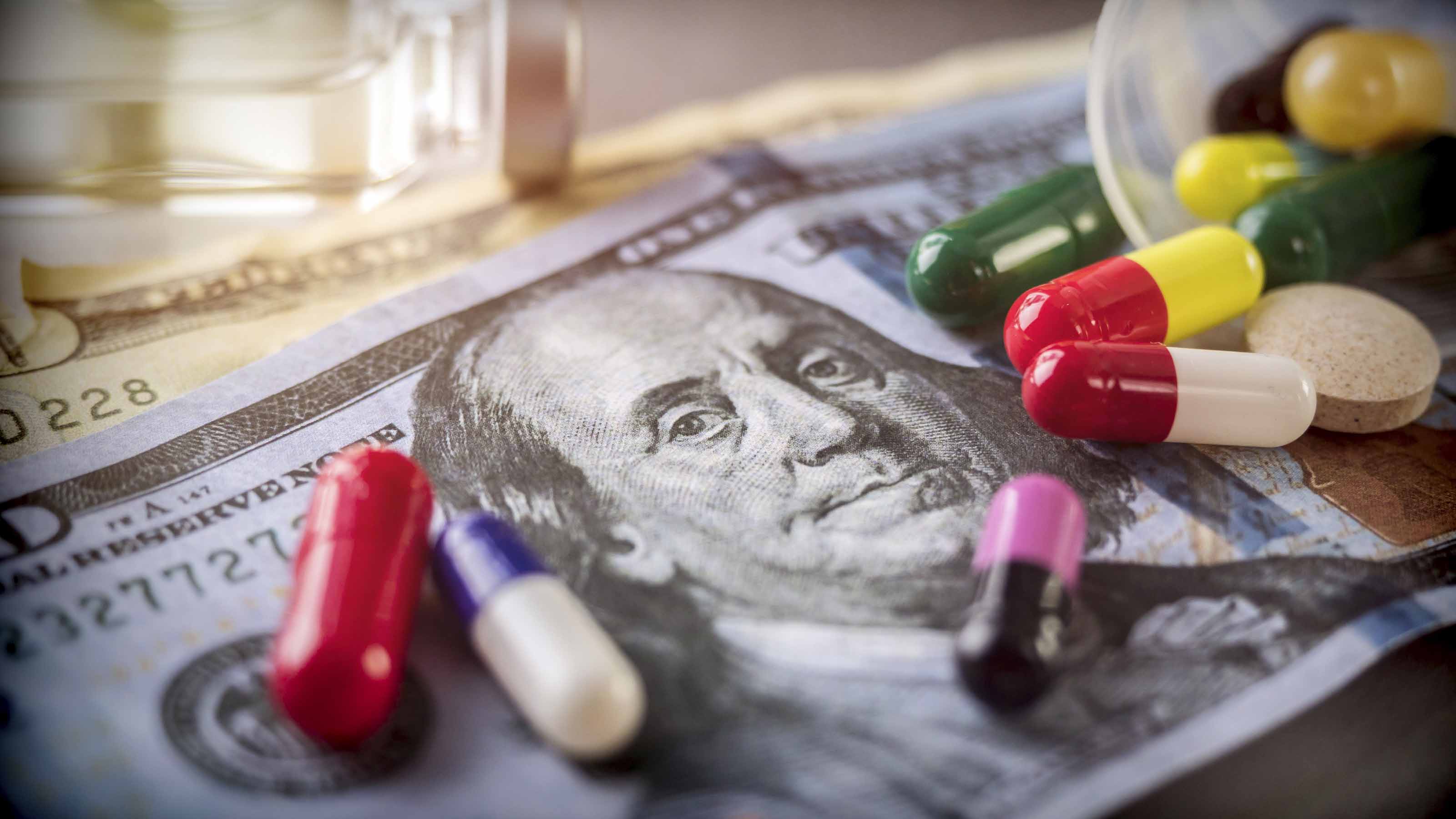
Profit and prosper with the best of Kiplinger's advice on investing, taxes, retirement, personal finance and much more. Delivered daily. Enter your email in the box and click Sign Me Up.
You are now subscribed
Your newsletter sign-up was successful
Want to add more newsletters?

Delivered daily
Kiplinger Today
Profit and prosper with the best of Kiplinger's advice on investing, taxes, retirement, personal finance and much more delivered daily. Smart money moves start here.

Sent five days a week
Kiplinger A Step Ahead
Get practical help to make better financial decisions in your everyday life, from spending to savings on top deals.

Delivered daily
Kiplinger Closing Bell
Get today's biggest financial and investing headlines delivered to your inbox every day the U.S. stock market is open.

Sent twice a week
Kiplinger Adviser Intel
Financial pros across the country share best practices and fresh tactics to preserve and grow your wealth.

Delivered weekly
Kiplinger Tax Tips
Trim your federal and state tax bills with practical tax-planning and tax-cutting strategies.

Sent twice a week
Kiplinger Retirement Tips
Your twice-a-week guide to planning and enjoying a financially secure and richly rewarding retirement

Sent bimonthly.
Kiplinger Adviser Angle
Insights for advisers, wealth managers and other financial professionals.

Sent twice a week
Kiplinger Investing Weekly
Your twice-a-week roundup of promising stocks, funds, companies and industries you should consider, ones you should avoid, and why.

Sent weekly for six weeks
Kiplinger Invest for Retirement
Your step-by-step six-part series on how to invest for retirement, from devising a successful strategy to exactly which investments to choose.
Big pharmaceutical stocks are appealing because they provide medicines that people rely on to improve their quality of life, and therefore will likely not cut back on regardless of the economic environment.
Furthermore, with the ever-rising cost of healthcare in the U.S., it seems a foregone conclusion that new drugs developed by pharmaceutical companies will be steep in price – and generous in profit margins as a result.
Some traders piled into pharmaceutical stocks amid the pandemic in hopes of playing the short-term opportunity. However, long-term dividend investors are familiar with this sector because drugs that make your body hurt less and prolong your lifespan are likely to be prioritized in your daily budget. That means reliability in revenue to provide stable share prices and support generous dividends.
These nine pharmaceutical stocks are among the best for income investors. Each offers a dividend yield that's at or above the market average, and they all deliver consistency that buy-and hold investors can appreciate.
Data is as of Oct. 4. Dividend yields are calculated by annualizing the most recent payout and dividing by the share price.
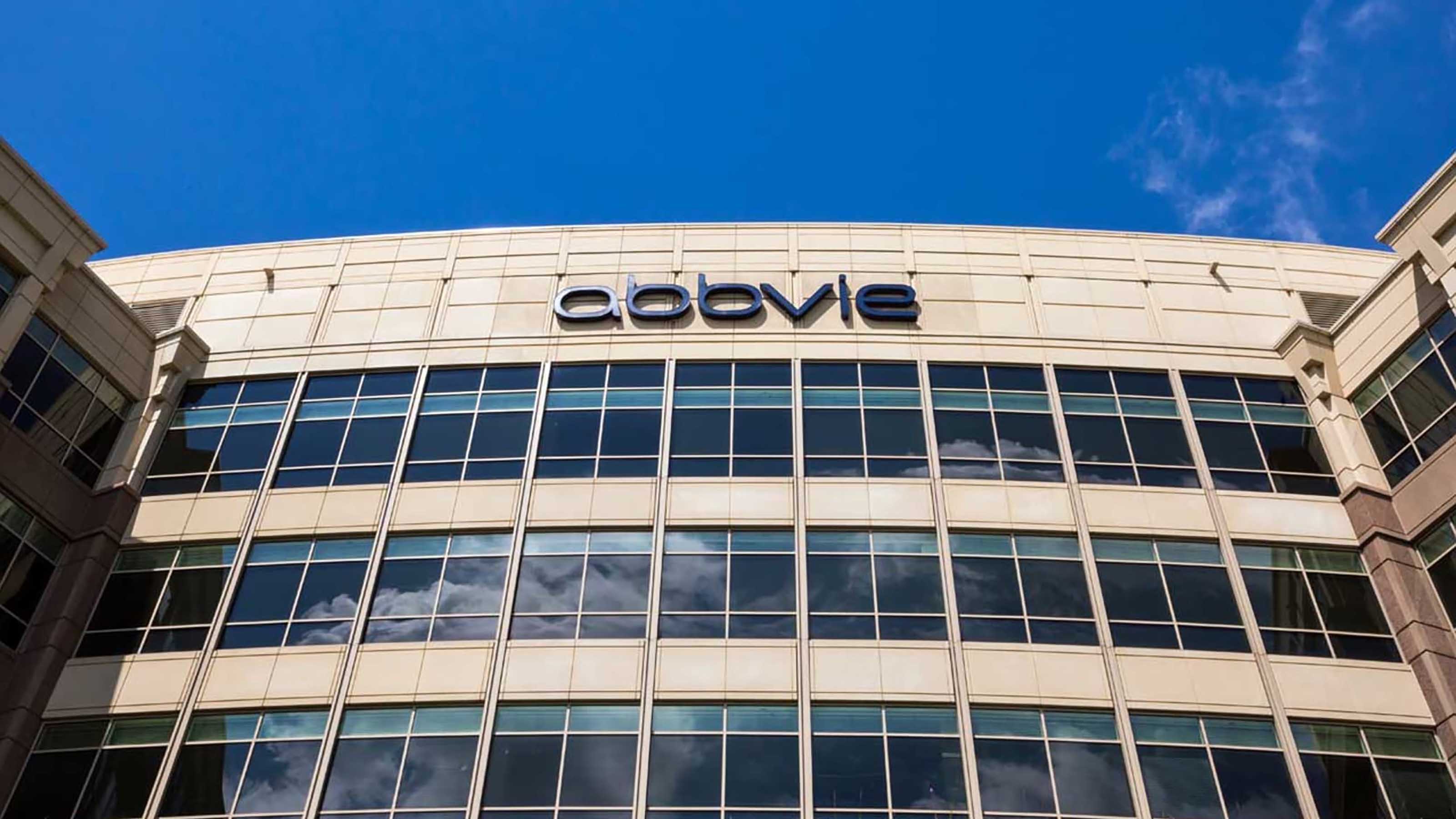
Abbvie
- Market value: $192.1 billion
- Dividend yield: 4.8%
As far as pharmaceutical stocks go, AbbVie (ABBV, $108.73) has put in a strong performance since its March 2020 lows near $65, with the shares up 68%. More recently, an August rally lifted ABBV stock back near its 2018 highs above $120 thanks to strong financials and product development news.
Specifically, ABBV's second-quarter results showed revenue of about $14 billion, up more than 19% on an operational basis over the prior year, with a 32.9% year-over-year improvement in adjusted earnings to $3.11 per share.
AbbVie's earnings were driven in part by continued resilience of its Humira drug revenue, despite a loss of European patent protection a few years back. Strong growth for drugs Skyrizi and Rinvoq that treat autoimmune disorders also contributed, with each seeing sales rise by double-digit percentage points on a sequential basis.
Beyond this earnings momentum in August, long-term income investors should have a lot of faith in ABBV stock looking forward, too. Born out of a 2013 spinoff from Abbott Laboratories (ABT), AbbVie's roots go back more than 130 years – including an enviable track record of 49 consecutive years of dividend increases.
Heading into 2022, AbbVie is looking particularly strong on the heels of a $63-billion acquisition of Allergan in 2020 that is now largely integrated into operations and starting to show up in the bottom line. One particularly interesting angle here is Allergan's Botox cosmetics line. Sales of the anti-wrinkle injection doubled in Q2, and are forecast to see a big boost as remote working and social distancing trends start to wane amid COVID-19 vaccinations and general reopenings.
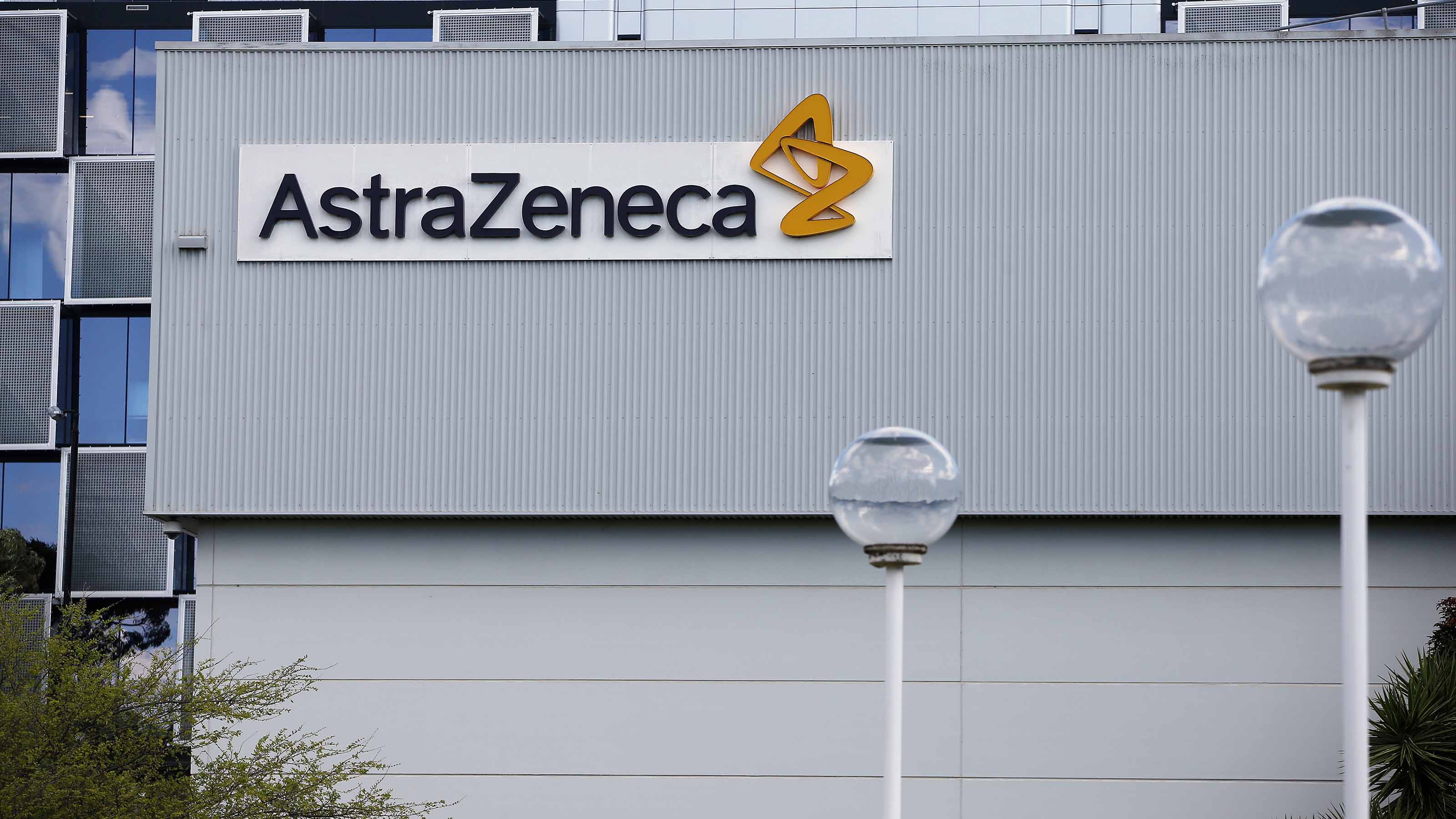
AstraZeneca
- Market value: $187.6 billion
- Dividend yield: 2.4%
In July, U.K.-based pharmaceutical stock AstraZeneca (AZN, $60.54) closed on a $39-billion takeover deal for competitor Alexion Pharmaceuticals as its latest bet on the lucrative "orphan drug" market. These treatments are often the only remedy for serious medical conditions. As such, they can be fast-tracked for approval by regulatory agencies. Additionally, they allow for instant demand and big margins from patients in need.
This isn't the only angle for AZN, of course. The company has developed blockbuster drugs, particularly in the oncology space. One such drug is lung cancer treatment Tagrisso that has been proven to reduce recurrence or death by 83% in patients.
Alexion Pharmaceuticals will contribute two blockbuster drugs. One is chemotherapy treatment Soliris that fits nicely into the current AZN portfolio of cancer therapies. The other is Ultomiris that is used to treat hemolytic uremic syndrome (aHUS), a rare chronic blood disease.
In Europe and the U.K., dividend payers often don't follow the fixed quarterly cycle that U.S. stocks do. But even though AZN only pays out distributions twice a year, its yield is still almost twice the average dividend among S&P 500 components at present.
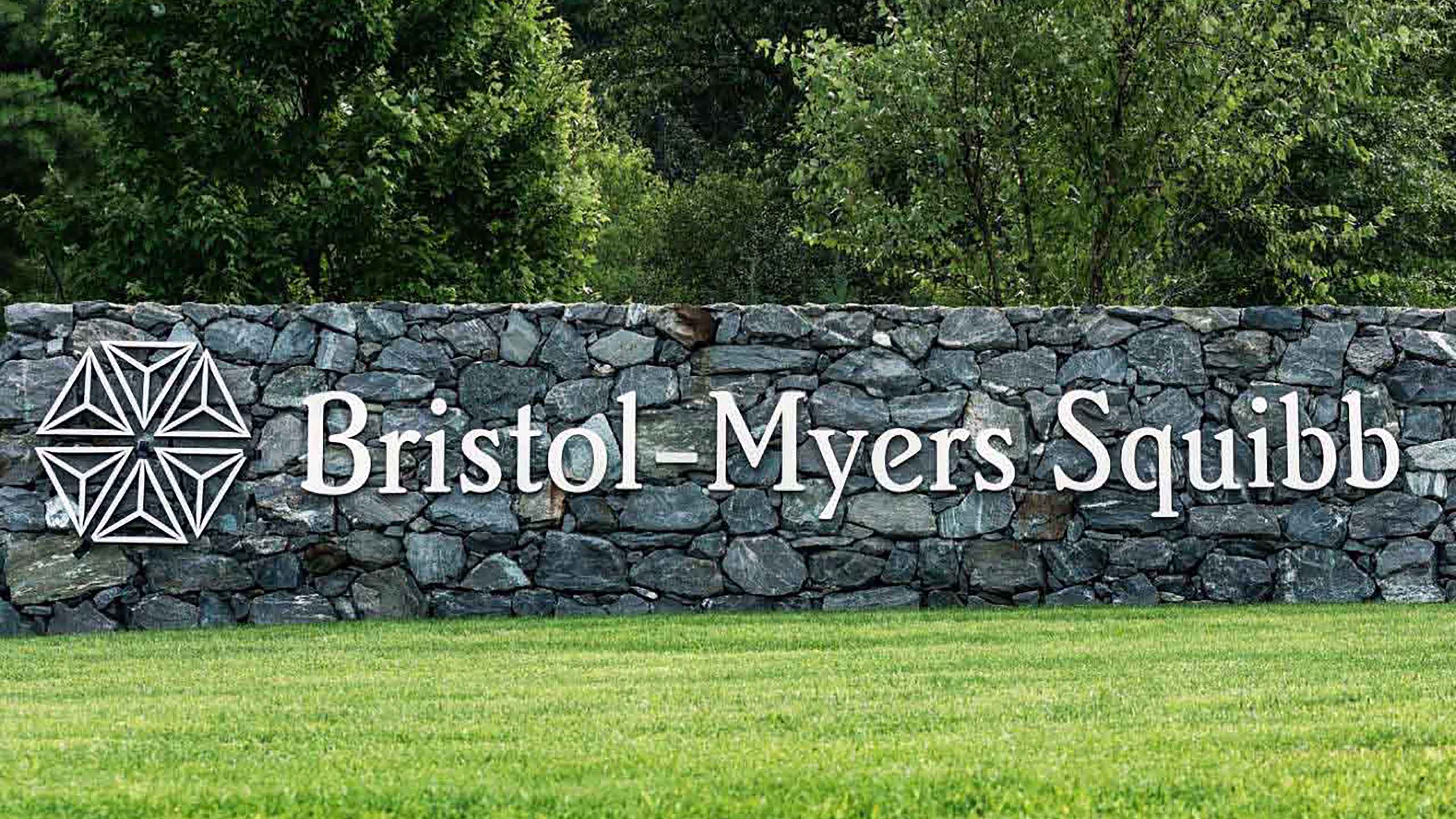
Bristol Myers Squibb
- Market value: $130.9 billion
- Dividend yield: 3.3%
When it comes to legacy pharmaceutical stocks, Bristol Myers Squibb (BMY, $58.93) has roots dating back to 1887. BMY has manufactured a host of popular products over the years, including mass producing the original antibacterial blockbuster, penicillin, during World War II.
However, this is hardly a company stuck in the past, as evidenced by its massive $74 billion deal to acquire next-generation biotech stock Celgene in 2019. Not only does this move ensure a robust product pipeline for BMY for many years to come, but also billions of dollars in operational efficiencies on top of that.
Admittedly, BMY stock has stalled out around the $70 mark over the last few years – particularly as some of the early coronavirus treatment hopes didn't really materialize for this pharma stock as they did for its competitors.
But it has plenty of big-name blockbuster drugs under its belt regardless of the pandemic – including cancer immunotherapy Opdivo that brought in $7 billion last year and blood clot treatment Eliquis, developed in collaboration with Pfizer (PFE), that saw sales top $9 billion. These are two powerhouses that industry insider Evaluate Pharma predicts will be the third-best and second-best sellers in the world, respectively, among all prescription drugs in five years' time.
And from an income perspective, this drugmaker has built on its record of dividend increases. Most recently, it bumped its quarterly payout in December, from 45 cents per share to 49 cents per share – the 12th straight year of consecutive increases. And with that $1.96 per share annual payday being just a fraction of the projected $7.50 in fiscal 2021 earnings per share, you can pretty much bank on future increases on top of that, too.
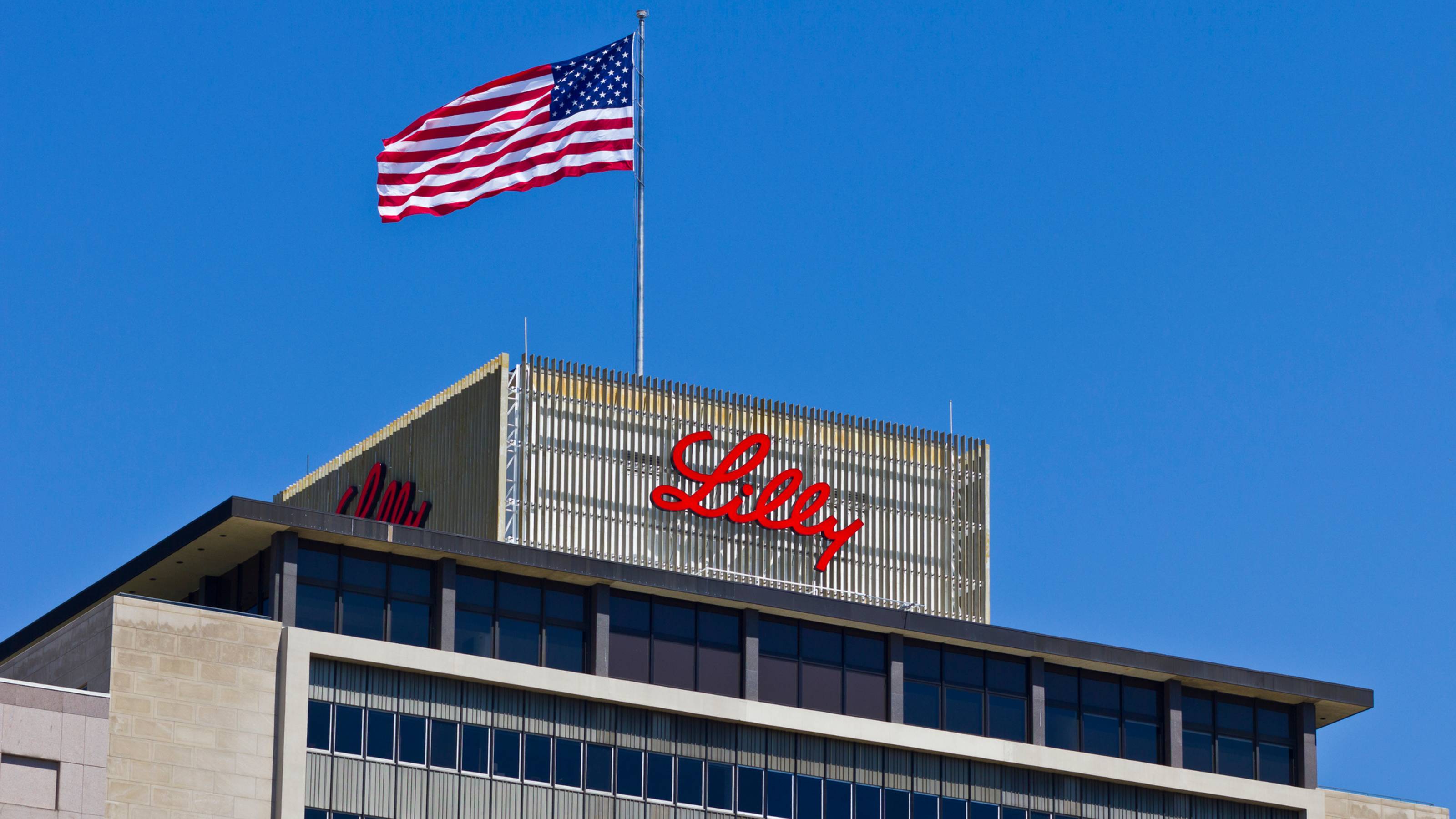
Eli Lilly
- Market value: $215.1 billion
- Dividend yield: 1.5%
A $215-billion powerhouse, Big Pharma icon Eli Lilly (LLY, $224.85) is not just one of the largest drugmakers on the planet, but it currently makes the list of the top 40 largest corporations in the U.S. by market capitalization – roughly the same size as Intel (INTC) and Danaher (DHR).
With scale like that, investors get stability and a strong balance sheet. But that doesn't mean LLY is a legacy pick among pharmaceutical stocks whose best days are behind it. Shares are currently trading around all-time highs after roughly doubling from the pandemic lows of March 2020. For the year-to-date, Eli Lilly is up more than 33%.
Admittedly, LLY offers one of the smaller yields on the list, as measured by current dividend payments. But its quarterly payout of 85 cents per share is up roughly 67% from just 51 cents per share in 2016, and represents less than half of projected earnings this fiscal year, so there's likely more increases in store for shareholders.
And looking forward, the pharmaceutical company's type 2 diabetes drug Jardiance was recently approved by the Food and Drug Administration (FDA) to treat heart failure with reduced ejection fraction (HFrEF) in people with or without diabetes, as well – opening the door for even more revenue to come in from this drug that just topped $1.1 billion in annual sales last year. That bodes well for continued success for an already high-flying pharma stock.
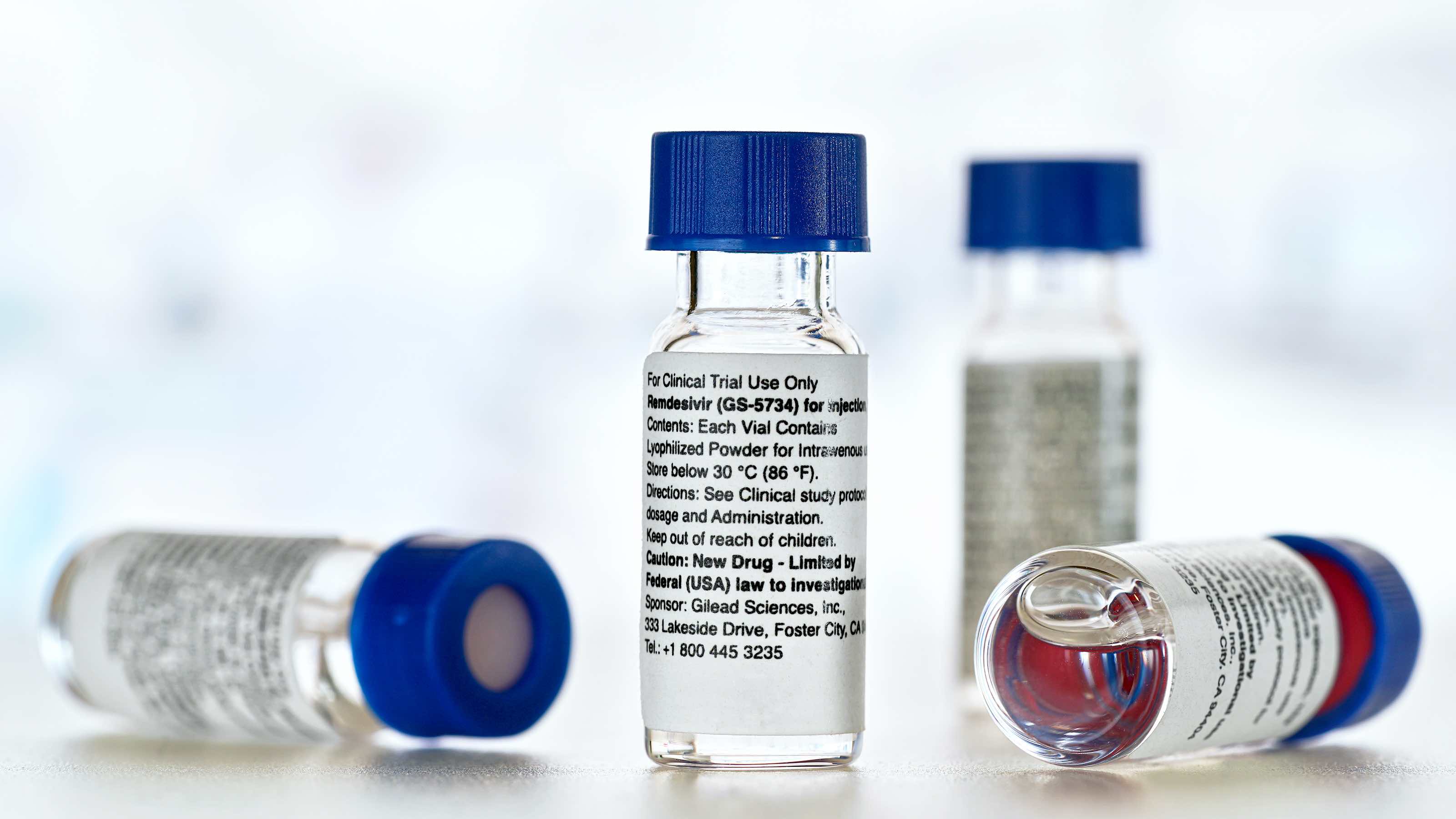
Gilead Sciences
- Market value: $84.7 billion
- Dividend yield: 4.2%
Gilead Sciences (GILD, $67.56) posted solid earnings in July that prove this is a pharmaceutical stock with the wind at its back. Specifically, GILD saw a 21% year-over-year increase in Q2 revenue, driven by its blockbuster antiviral treatments Veklury and Biktarvy. Plus, GILD recorded impressive operating cash flow of $2.3 billion for the three-month period.
But what's really appealing to dividend-hungry investors is the fact that Gilead hiked its quarterly payout to 71 cents per share this spring, thanks to continued success for its core business. At the current rate, GILD's dividend is up 65% from the 43 cents per share it paid out in early 2016.
On top of that, the current dividend is less than 40% of projected 2021 earnings – and GILD also has $6.8 billion in cash on the books to ensure stability for its operations on top of that. All this points to continued dividend growth ahead.
The icing on the cake is that investors are getting all this for a decent value relative to other pharmaceutical stocks, with GILD boasting a forward price-to-earnings (P/E) ratio of about 10 and a price-to-sales ratio of 3.2.
Given GILD's current share momentum – the stock is up 16% for the year-to-date – a decent dividend growth path and a fairly cheap valuation, it's easy to be attracted to the pharma name.
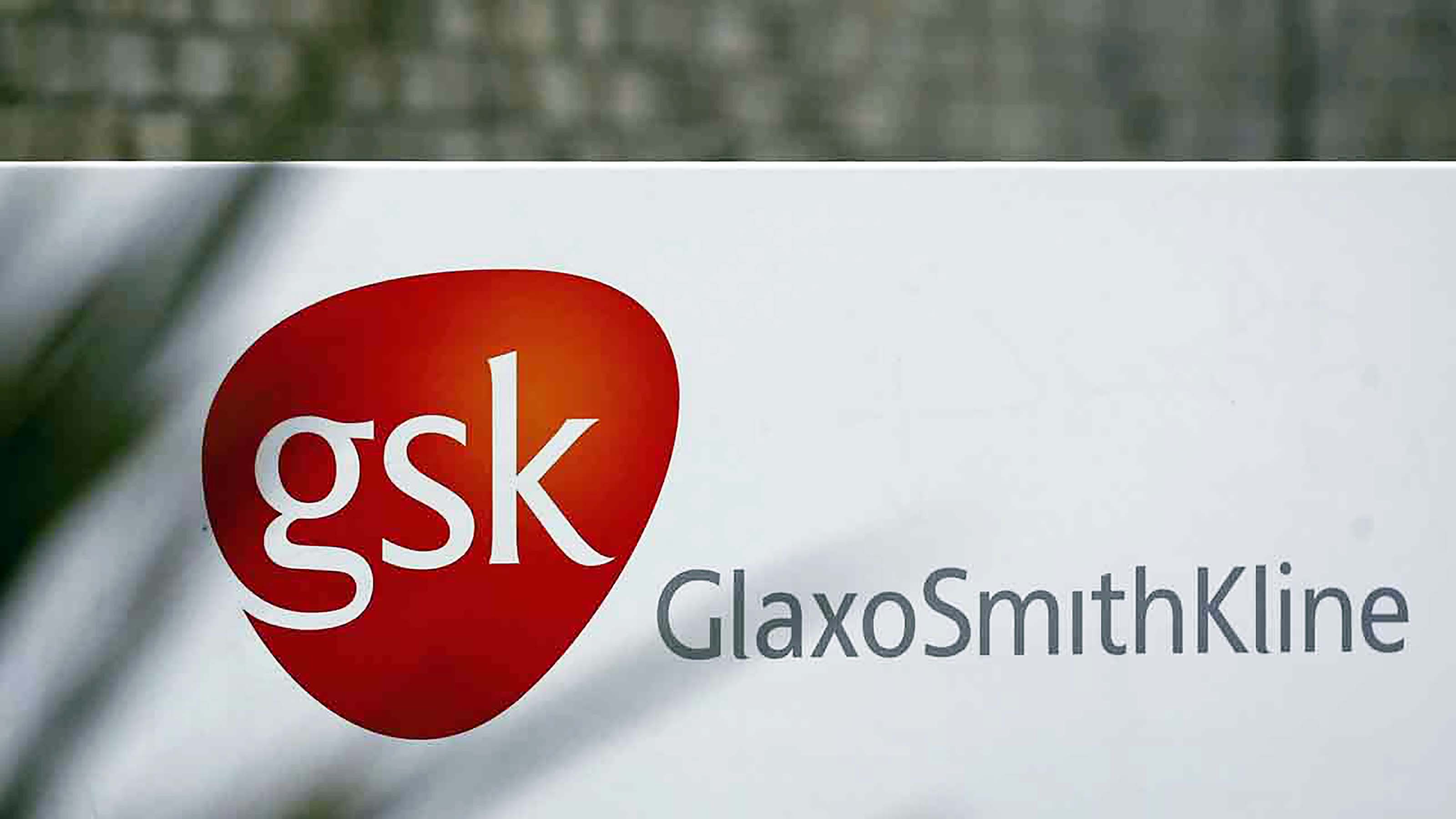
GlaxoSmithKline
- Market value: $96.6 billion
- Dividend yield: 5.8%
GlaxoSmithKline (GSK, $38.41) is another one of the cheap pharmaceutical stocks on this list, with a forward P/E ratio of about 12.3. It also has a low price-to-sales ratio of just 2.2 times trailing revenue.
There's reason for that, of course, as some of GSK's core treatments have had to take a backseat thanks to pandemic disruptions. Most notably is its shingles vaccine Shingrix that has been deprioritized in most doctors' offices given the other public health concerns lately.
However, an eventual normalization in healthcare trends along with the anticipated spinoff of the company's consumer health division in 2022 should give GSK a nice tailwind. And an estimated $11 billion to reinvest in its core pharmaceutical and vaccine business as well as the efficiencies of a streamlined operational structure should help, too.
All this is starting to catch Wall Street's eye, as shares have rallied to flirt with their highest levels since mid-2020.
As with AstraZeneca, GSK is a U.K.-based firm and its dividends fluctuate a bit (versus the fixed structure of U.S. dividend stocks). But based on its annual payout, GlaxoSmithKline has a yield that is twice that of many other pharmaceutical stocks on this list.
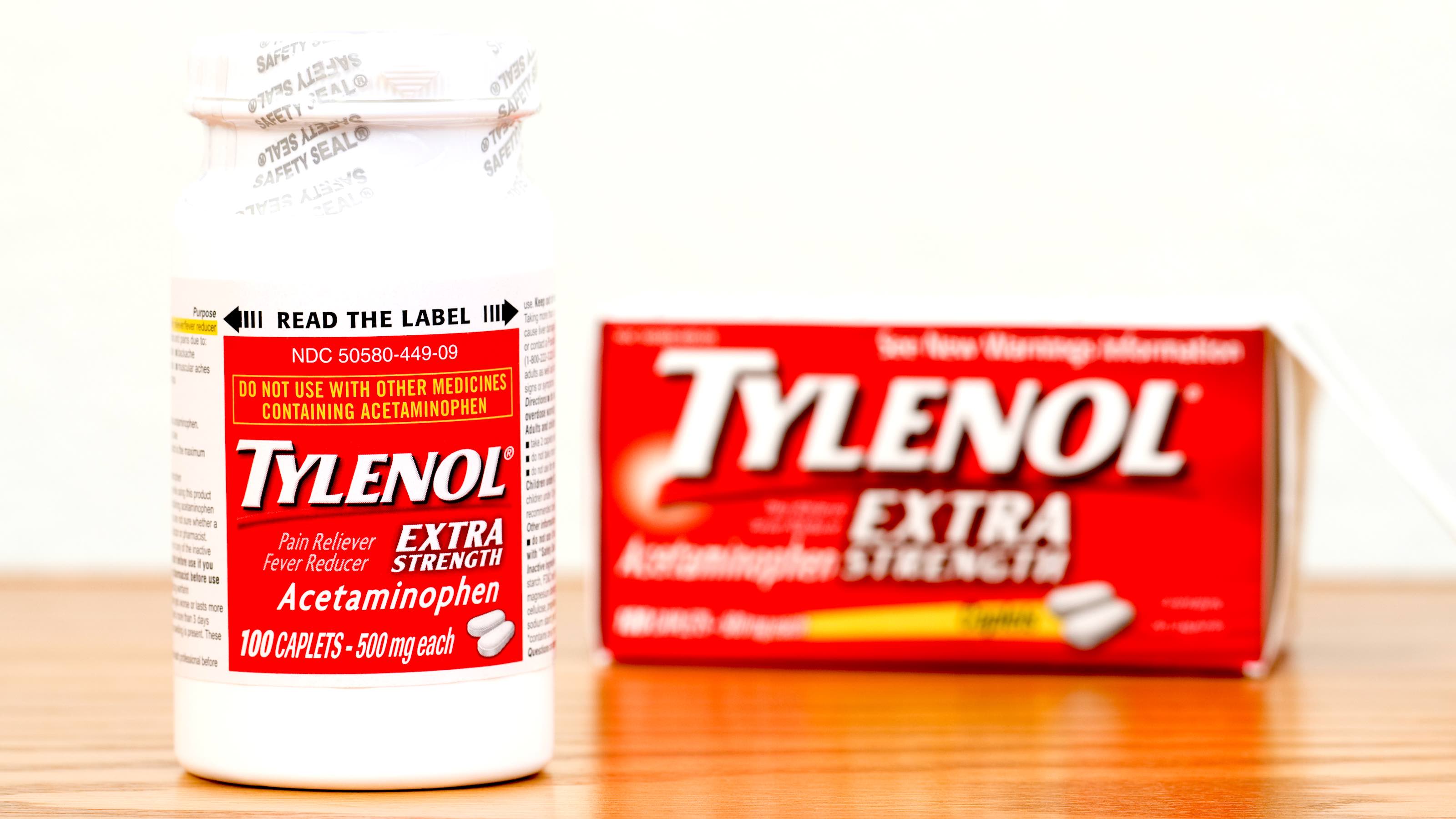
Johnson & Johnson
- Market value: $419.1 billion
- Dividend yield: 2.6%
There's something to like about healthcare powerhouse Johnson & Johnson (JNJ, $159.22) regardless of your strategy right now.
Interested in a play on its single-dose COVID-19 vaccine success? How about a focus on its rock-solid consumer health business built on megabrands like Band-Aid and Tylenol? Or maybe it's the growth potential of JNJ that interests you, with Wall Street's consensus projection for average annual earnings growth hitting about 9% over the next five years despite its already massive scale?
You'd be hard-pressed to find a stock with a richer history, too, or more proof of a commitment to shareholder value. J&J is one of only two S&P 500 companies – multi trillion-dollar tech stock Microsoft (MSFT) is the other one – with a perfect AAA credit rating. Furthermore, JNJ boasts more than $82 billion in annual revenue, currently sits on $25 billion in cash and short-term investments and cleared $22 billion in free operating cash flow last year.
Admittedly, there are things other than branded pharmaceuticals going on here. But for some investors, that diversified revenue is an appealing factor when you compare it with other stocks that live or die based on patent expiration cycles or upcoming FDA approvals.
That stability and reliability has allowed JNJ to deliver at least one dividend increase per year for nearly six decades straight, making it among the rare group of Dividend Kings with the most impressive record of increasing payouts on Wall Street. If you're looking for reliability among pharmaceutical stocks, then JNJ is definitely worth a look.
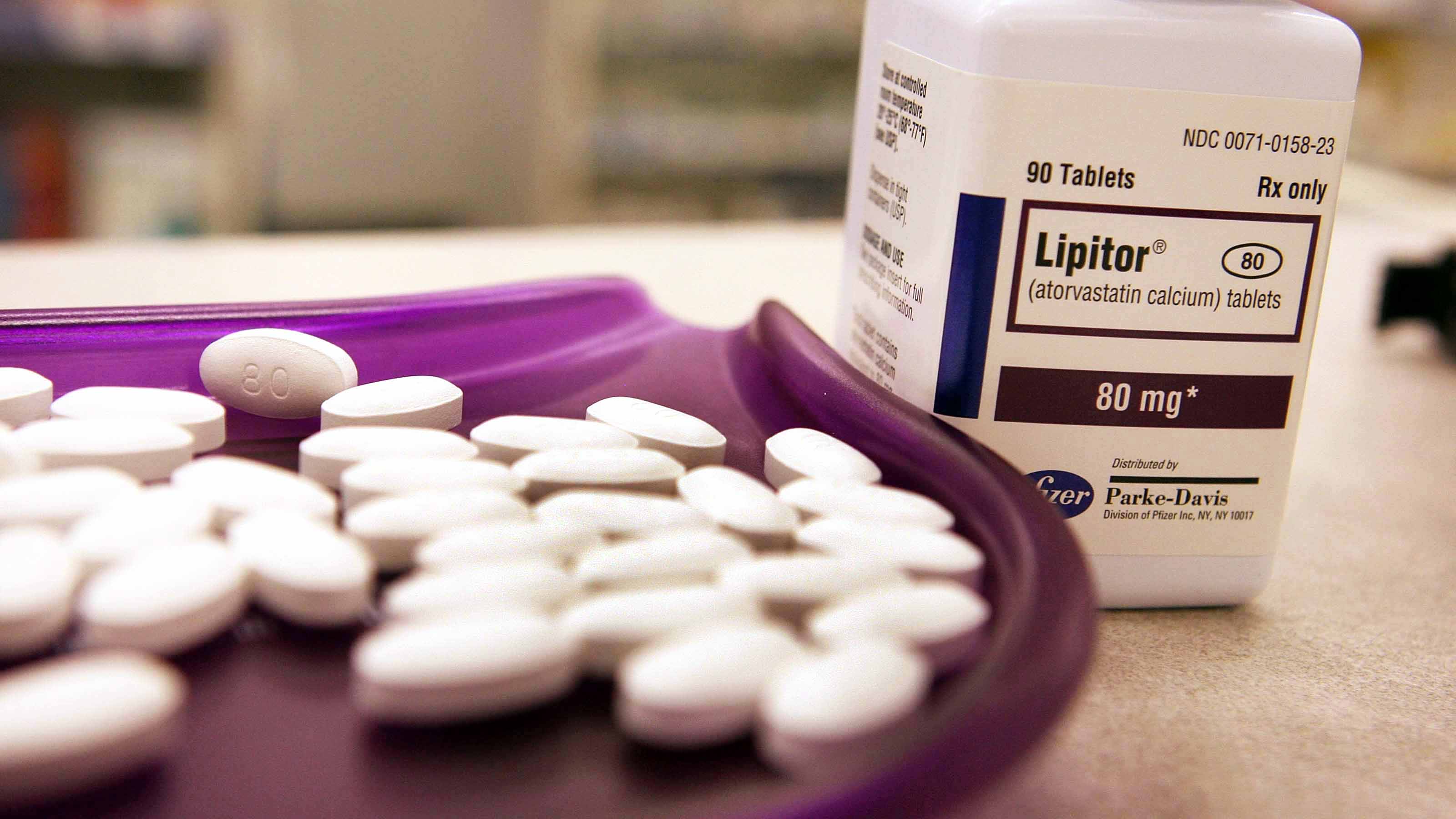
Pfizer
- Market value: $237.8 billion
- Dividend yield: 3.7%
Pfizer (PFE, $42.42) is one of the best-known pharmaceutical stocks on the planet. This U.S.-based healthcare giant is a Dow Jones stock and has been in operations in some way for roughly 170 years.
But in the here and now, PFE is winning over investors of all stripes because of a high-profile approval for its coronavirus vaccine. This has resulted in mandates for Americans to get their jab, from both governments and private companies looking to put a lid on coronavirus once and for all.
Of course, this news cycle is nice and has helped lift PFE nearly 26% year-to-date. But there is a lot more going for Pfizer in 2021 than just its COVID-19 response.
The stock has a stable of blockbuster drugs making more than $1 billion in annual revenue. These include a pneumonia vaccine found under the Prevnar brand, fibromyalgia treatment Lyrica and the BMY collaboration Eliquis to name a few.
There are also structural improvements at Pfizer worth calling out for the long-term potential in this stock, beyond the grind of its product portfolio. CEO Albert Bourla took the helm in 2018, and under his leadership the company has taken some serious steps into resizing operations.
These include the spinoff of Pfizer's generics and off-patent drugs division in 2020 via Viatris (VTRS), which allows the firm to focus on branded pharmaceutical research. Additionally, there was the move to consolidate some of its consumer health assets like Advil pain relief or Centrum vitamins under a joint venture with GlaxoSmithKline.
And if you're a dividend investor, the icing on the cake is that all this has occurred without a single hiccup for dividends. Pfizer recently announced its 332nd consecutive quarterly dividend will be paid in December. That's more than 80 years of consistent paydays to shareholders of this Big Pharma mainstay.
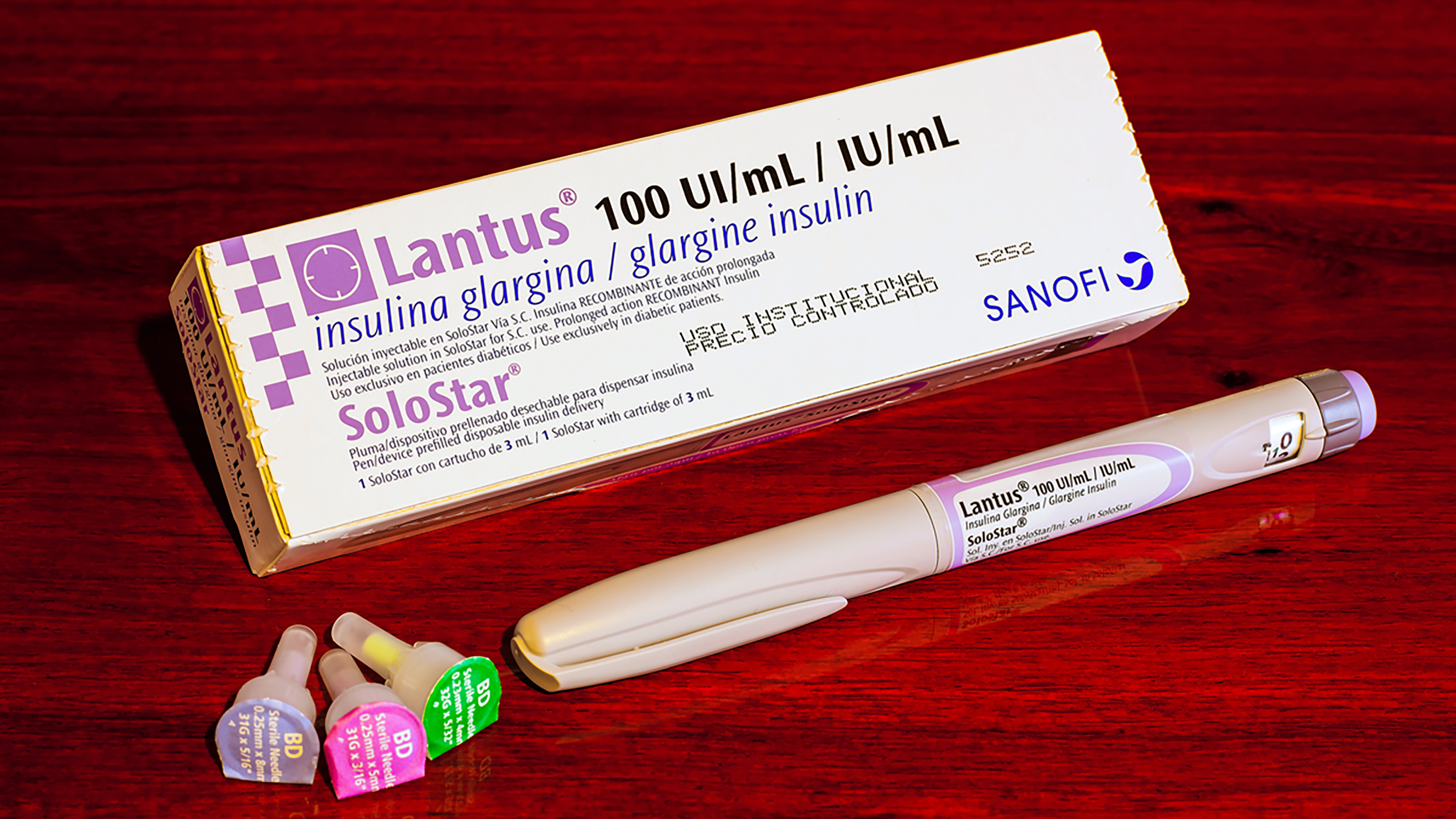
Sanofi
- Market value: $121.4 billion
- Dividend yield: 4.0%
French pharmaceutical company Sanofi (SNY, $48.37) is a $120-billion drugmaker. It offers a variety of treatments, including drugs that target genetic disorders such as Gaucher disease and autoimmune conditions like multiple sclerosis. SNY's products serve an important niche for many patients around the world.
One recent example is Sanofi's Dupixent eczema treatment, developed in conjunction with Regeneron Pharmaceuticals (REGN). This is the first-ever biologic to show improvements for small children with moderate- to-severe skin conditions.
There's a strong core of underlying vaccines that Sanofi also provides, including influenza and meningitis shots. The pandemic certainly helped prove the value of getting your preventative jabs – and this could help lift SNY's vaccine business in 2022 as folks return to the doctor for more regular visits.
As with the U.K. pharmaceutical stocks on this list, Sanofi doesn't pay fixed quarterly dividends. In fact, it only pays once per year around the end of April or the beginning of May. But based on the most recent distribution of about $1.90 per share, SNY stock yields roughly three times what the typical S&P 500 company does. That could make this dividend stock worth waiting for.
Profit and prosper with the best of Kiplinger's advice on investing, taxes, retirement, personal finance and much more. Delivered daily. Enter your email in the box and click Sign Me Up.

Jeff Reeves writes about equity markets and exchange-traded funds for Kiplinger. A veteran journalist with extensive capital markets experience, Jeff has written about Wall Street and investing since 2008. His work has appeared in numerous respected finance outlets, including CNBC, the Fox Business Network, the Wall Street Journal digital network, USA Today and CNN Money.
-
 Dow Leads in Mixed Session on Amgen Earnings: Stock Market Today
Dow Leads in Mixed Session on Amgen Earnings: Stock Market TodayThe rest of Wall Street struggled as Advanced Micro Devices earnings caused a chip-stock sell-off.
-
 How to Watch the 2026 Winter Olympics Without Overpaying
How to Watch the 2026 Winter Olympics Without OverpayingHere’s how to stream the 2026 Winter Olympics live, including low-cost viewing options, Peacock access and ways to catch your favorite athletes and events from anywhere.
-
 Here’s How to Stream the Super Bowl for Less
Here’s How to Stream the Super Bowl for LessWe'll show you the least expensive ways to stream football's biggest event.
-
 'Humbug!' Say Consumers, Despite Hot GDP: Stock Market Today
'Humbug!' Say Consumers, Despite Hot GDP: Stock Market Today"The stock market is not the economy," they say, but both things are up. Yet one survey says people are still feeling down in the middle of this complex season.
-
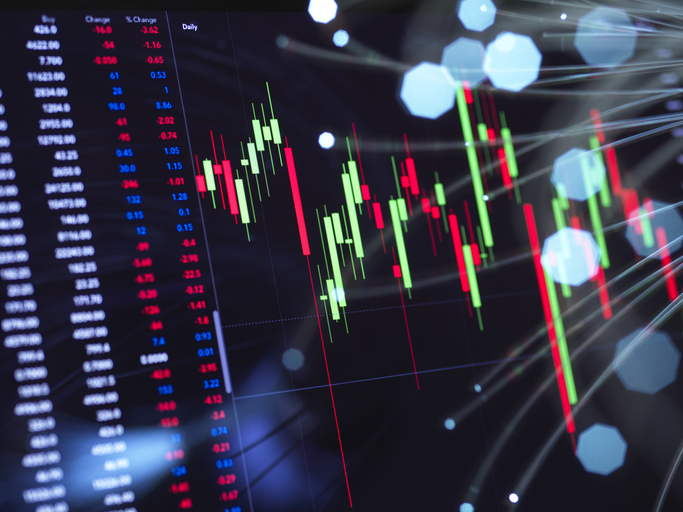 Stocks Chop as the Unemployment Rate Jumps: Stock Market Today
Stocks Chop as the Unemployment Rate Jumps: Stock Market TodayNovember job growth was stronger than expected, but sharp losses in October and a rising unemployment rate are worrying market participants.
-
 Stocks Struggle Ahead of November Jobs Report: Stock Market Today
Stocks Struggle Ahead of November Jobs Report: Stock Market TodayOracle and Broadcom continued to fall, while market participants looked ahead to Tuesday's jobs report.
-
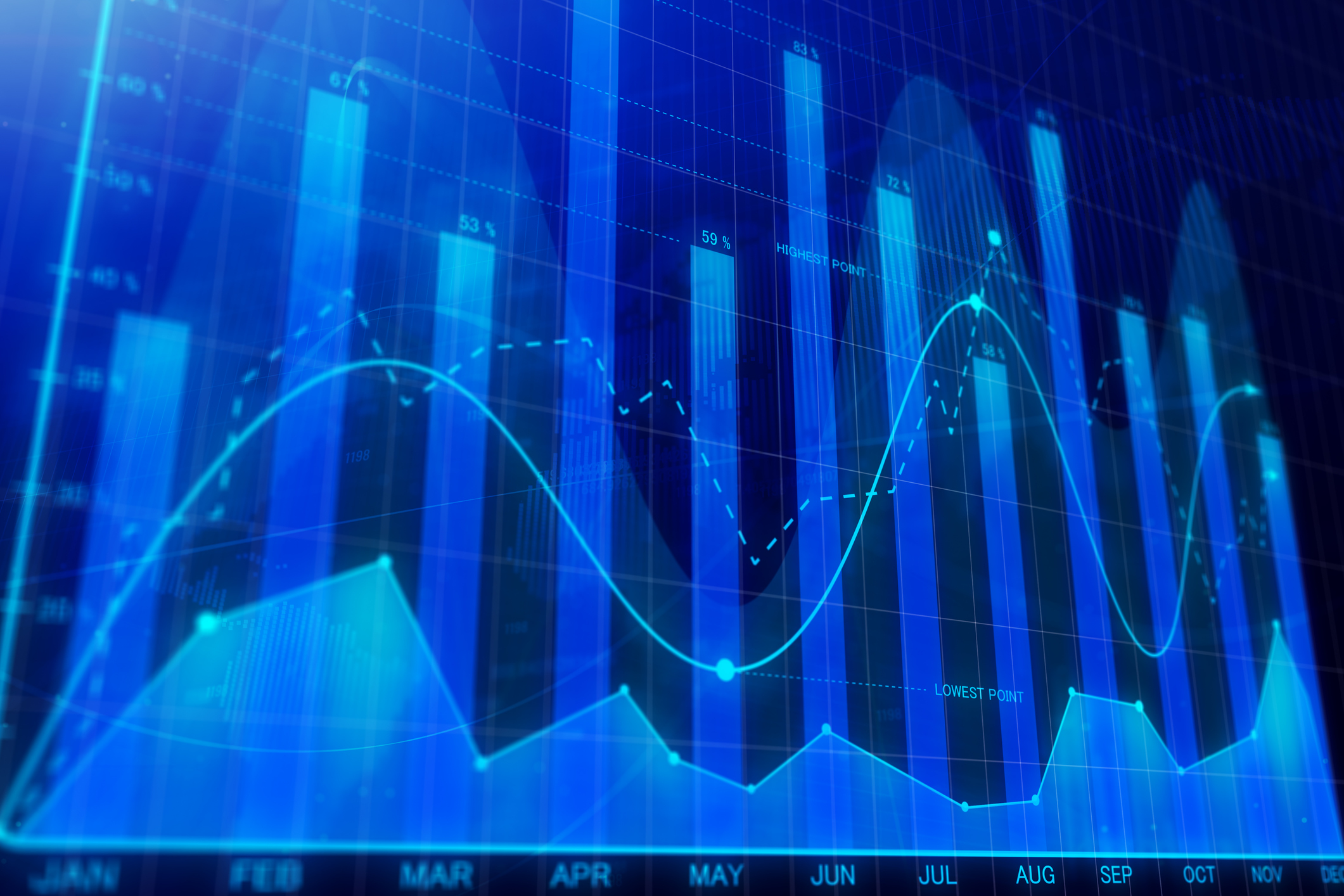 Dow Rises 497 Points on December Rate Cut: Stock Market Today
Dow Rises 497 Points on December Rate Cut: Stock Market TodayThe basic questions for market participants and policymakers remain the same after a widely expected Fed rate cut.
-
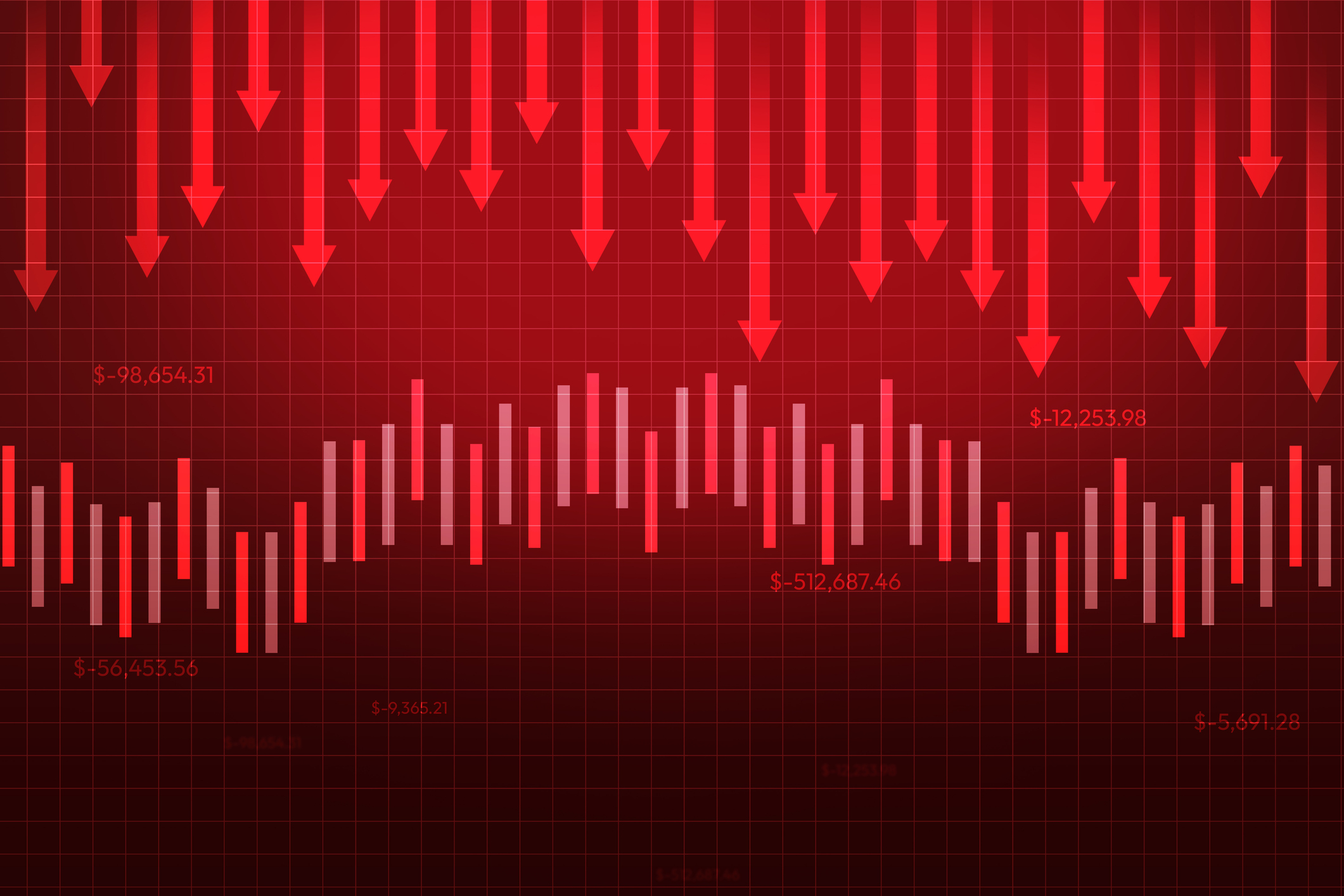 Risk Is Off Again, Dow Falls 397 Points: Stock Market Today
Risk Is Off Again, Dow Falls 397 Points: Stock Market TodayMarket participants are weighing still-solid earnings against both expectations and an increasingly opaque economic picture.
-
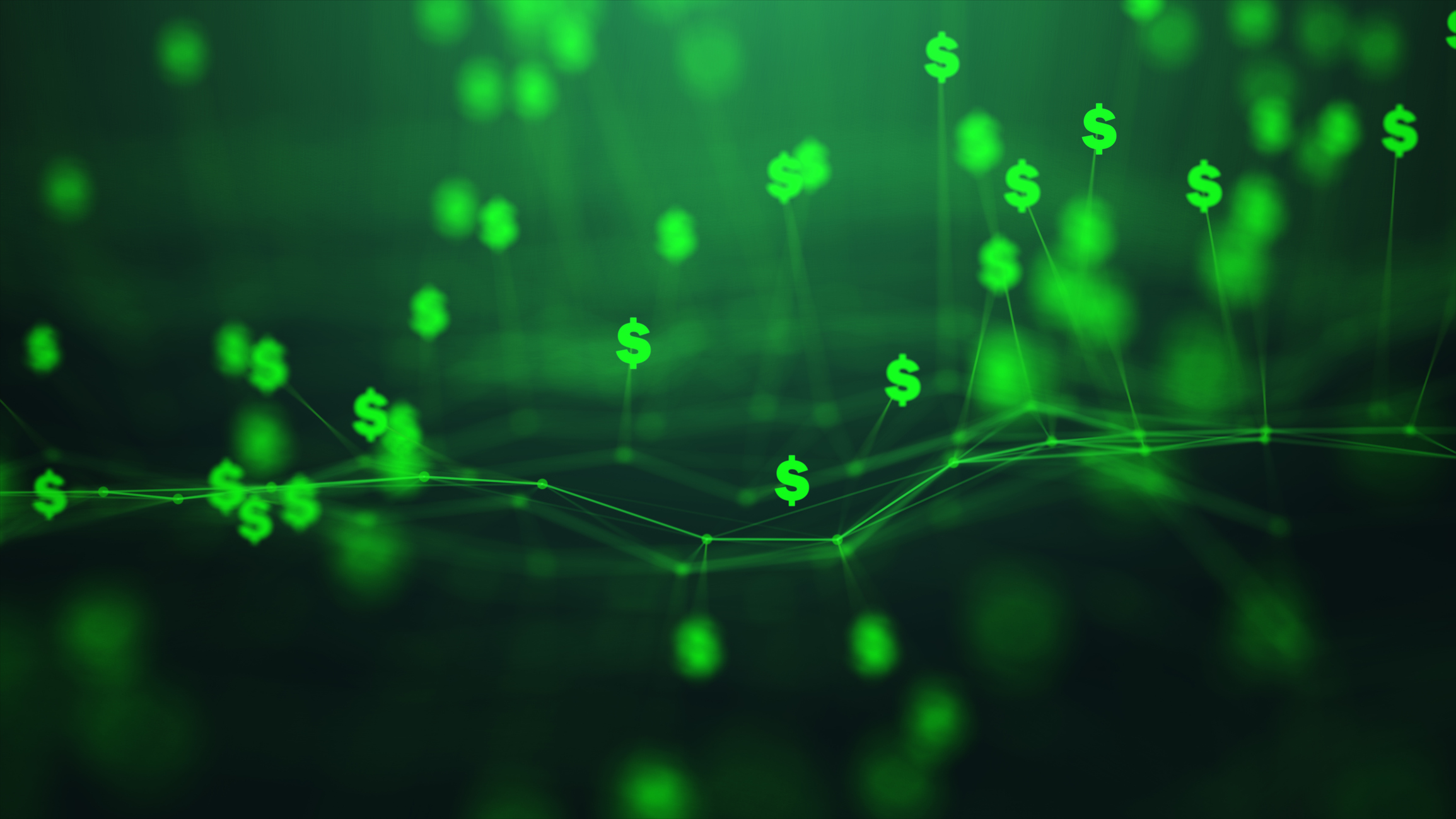 S&P 500 Sees New Highs on Shutdown Day: Stock Market Today
S&P 500 Sees New Highs on Shutdown Day: Stock Market TodayMost of its components were in the red, but the S&P 500 Index still managed to hit a new intraday all-time high.
-
 How to Invest for Rising Data Integrity Risk
How to Invest for Rising Data Integrity RiskAmid a broad assault on venerable institutions, President Trump has targeted agencies responsible for data critical to markets. How should investors respond?
-
 Nasdaq Ends the Week at a New High: Stock Market Today
Nasdaq Ends the Week at a New High: Stock Market TodayThe S&P 500 came within a hair of a new high, while the Dow Jones Industrial Average still has yet to hit a fresh peak in 2025.
